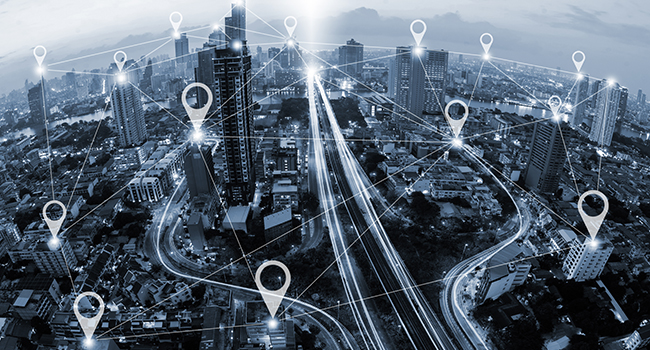
NY Times Report Shows Scary Side of Location Data
A new report from the New York Times details how personal and invasive smartphone location data can get.
- By Jessica Davis
- Dec 13, 2018
According to the New York Times report “Your Apps Know Where You Were Last Night, and They’re Not Keeping It Secret,” at least 75 companies get receive “anonymous” but deeply precise app location data from a total of about 200 million smartphones in the U.S. Some apps collect location data as often as 14,000 times daily.
“These companies sell, use or analyze the data to cater to advertisers, retail outlets and even hedge funds seeking insights into consumer behavior,” the report reads. “It’s a hot market, with sales of location-targeted advertising reaching an estimated $21 billion this year.”
The Times found that many of the explanations given by apps requesting location services permission are incomplete or misleading. An app’s permissions request might tell users that their location data will help in getting traffic information, but disclose that the data will be shared and sold somewhere in their Privacy Policy. For example, the report notes that the app for the Weather Channel said users’ location data would be used for “personalized local weather data, alerts, and forecasts” but the app also analyzed the collected user data for hedge funds.
One of the most disconcerting things discovered in their reporting was the level of detail captured in location data tracking. A few people allowed the Times to examine their location history and data, and in some cases the team was able to track them within a few yards of their actual physical location.
According to The Times, despite the anonymizing of personal data before it’s sent to advertisers, their reporters were able to determine a person’s identity from data based on their specific daily routines or commutes, or even seeing where a smartphone spent the night and doing research in public records to see who lived there.
“Location information can reveal some of the most intimate details of a person’s life — whether you’ve visited a psychiatrist, whether you went to an A.A. meeting, who you might date,” Senator Ron Wyden told the Times. Wyden has proposed bills to limit the collection and sale of location data, which are largely unregulated in the United States. “It’s not right to have consumers kept in the dark about how their data is sold and shared and then leave them unable to do anything about it,” he added.
The full report by The New York Times can be read here, and the Times has also published a guide on how to stop apps from tracking your location.
On iOS smartphones, the location services permission is in the Settings menu under Privacy, and allows you to decide if and when apps are allowed to track your location. On Android devices, the setting is under Settings > Security & Location > Locations, and app-level permissions.
About the Author
Jessica Davis is the Associate Content Editor for 1105 Media.